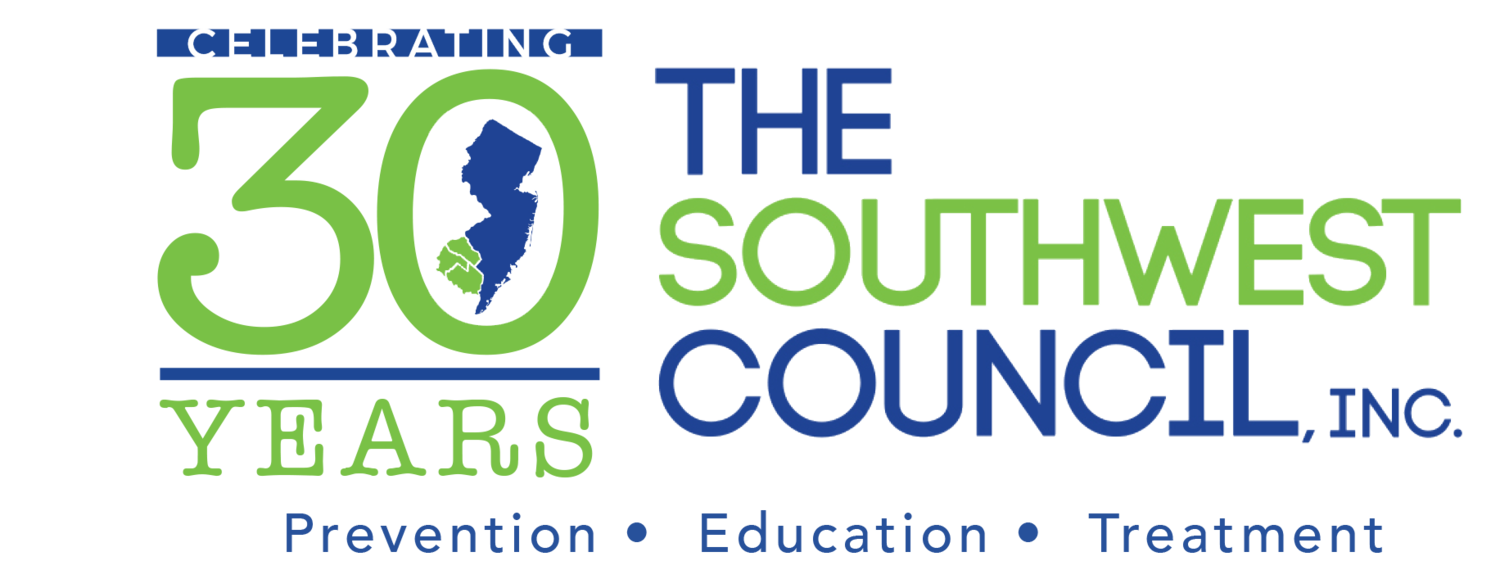By: Adrienne Davis
Whether we realize it or not, our brains are trained to automatically connect certain duos. Chocolate and peanut butter. Salt and Pepper. Bert and Ernie. Oddly enough, pairings can provide us with comfort and familiarity. However, some pairings can be destructive. For instance, substance abuse and addiction by themselves are already colossal burdens to endure; now, imagine adding in something as devastating as depression. At first glance, substance abuse and depression seem to fall prey to the ‘chicken or the egg’ phenomenon where it is not clear which came first. Despite the correlation, one does not cause the other.
Substance abuse occurs when an individual has a recurrent use of alcohol and other drugs to the detriment of themselves, their family, friends, and personal and professional responsibilities. According to The Diagnostic and Statistical Manual of Mental Disorders 5 (DSM-5) a diagnosis of substance use disorder is “based on evidence of impaired control, social impairment, risky use, and pharmacological criteria.” Dealing with addiction as a daily struggle is one thing, but envision the parallel agony of depression.
Defined in the DSM-5, depression is a mood disorder in which a person can experience persistent feelings of sadness and hopelessness and lose interest in activities they once enjoyed. Someone with depression may also exhibit physical symptoms such as chronic pain, digestive issues, weight loss, weight gain, or fatigue. It may be difficult for some to distinguish depression from being sad or just having a bad day. However, depression is a chronic issue that can persist for a few days, a few weeks, or a few years. There is no singular cause for depression. Genetics, grief, past trauma, or major life changes are just a few of the reasons why someone may experience this disorder.
So, what is the connection? For some, substance abuse and depression can go hand in hand. They are referred to as co-occurring disorders. A co-occurring disorder is simply the coexistence of both a mental health and a substance use disorder simultaneously. According to Substance Abuse and Mental Health Services Administration’s (SAMHSA) national survey on drug use and health, “approximately 7.9 million adults in the United States had co-occurring disorders in 2014.” This severe statistic shows how prominently these two issues factor into one another. Co-occurring disorders are difficult to diagnose. Substance abuse can conceal symptoms of depression. In turn, symptoms of depression may look very similar to symptoms of substance abuse. Someone with a depressed mood may be abusing substances to feel or appear livelier. On the other hand, an individual experiencing such unending emotional pain may want to feel numb. While someone who has an issue with addiction and substance abuse may become depressed about the possible destruction their addiction is causing, creating a viscously cyclic destructively dynamic duo.
The depressed brain and the addicted brain can be a funny thing. Certainly not funny in the sense that it is a laughing matter, but funny in the sense that it can be tricky, difficult or strange to articulate. Someone experiencing depression or addiction may feel speaking up means admitting that something is wrong and becoming vulnerable to the people around them. We may also feel that asking for help is saying that we could not do this on our own. We spend our time showing the world around us that we are just as competent and capable of leading a normal life while everyday tasks seem like monumental endeavors.
How do we deal with this mental quicksand pulling us further into hopelessness? Thankfully, individuals who may be experiencing co-occurring disorders have options for treatment. When people do not realize that they have concurrent issues, they may worsen their problems by not receiving the proper treatment, or be unaware that the attempts to self-medicate with substances is only intensifying their symptoms.
Integrated treatment is seen as the best course of action for co-occurring disorders by agencies such as SAMHSA. Integrated treatment is a method used by mental health professionals to treat both the substance abuse issue and the mental health disorder at the same time. This can enable individuals living through a co-occurring disorder can find an effective manner of coping and working through their challenges.
Dealing with one disorder alone is an immense task that millions of Americans did not ask for, but cope with on a daily basis. However, there is a portion of our society that must face a double dose of turmoil on top of their daily lives. As daunting as it may appear, there is always a resource for assistance. It is encouraged that an individual seek assistance for their co-occurring disorder in the form of treatment and positive coping mechanisms.
Agencies such as the Southwest Council provide integrated treatment methods to help service both substance abuse and depression. Southwest Council, Inc. services areas such as Gloucester, Salem, and Cumberland Counties for treatment and prevention services. For assistance or other resources, individuals can call 856-794-1011.
Sources:
2014 National Survey on Drug Use and Health (NSDUH) (PDF | 3.4 MB),
https://www.samhsa.gov/treatment/mental-disorders/depression#factors
American Psychiatric Association. (2013). Diagnostic and statistical manual of mental disorders (5th ed.). Arlington, VA: American Psychiatric Publishing.






